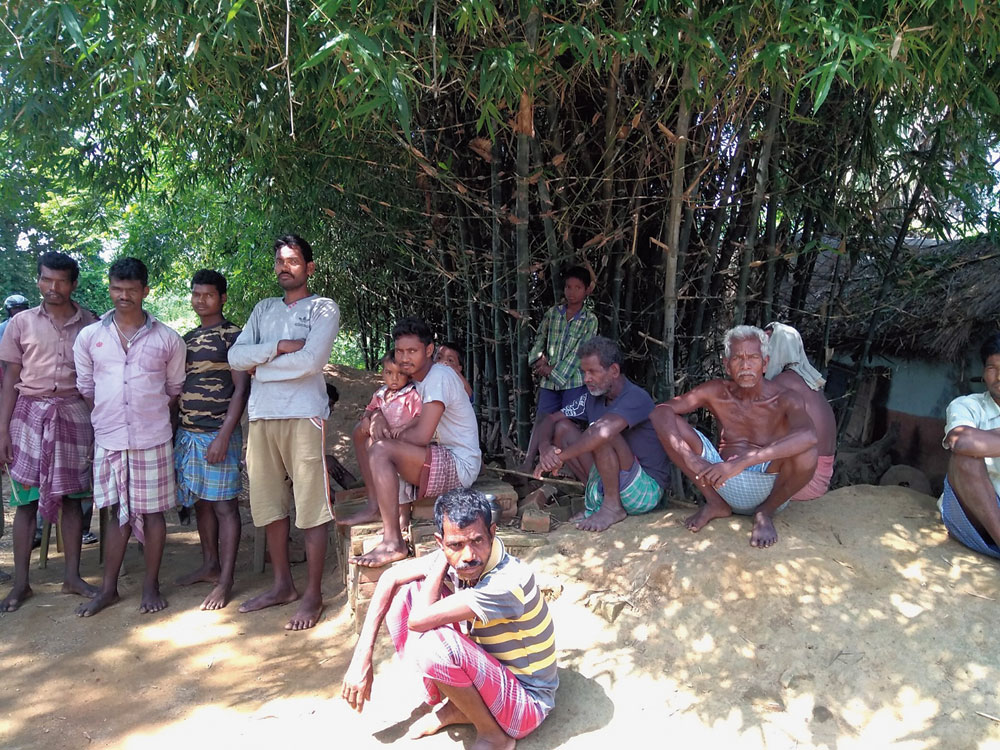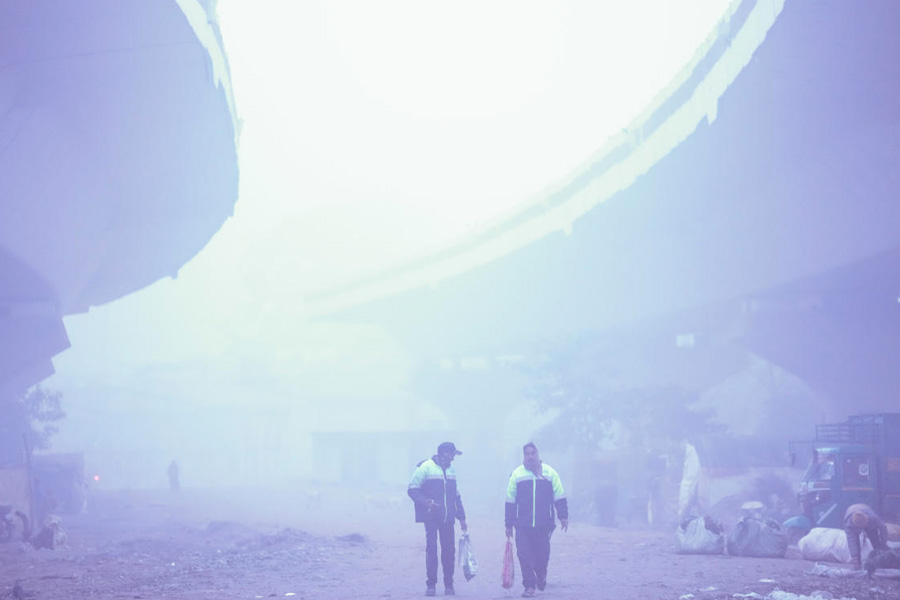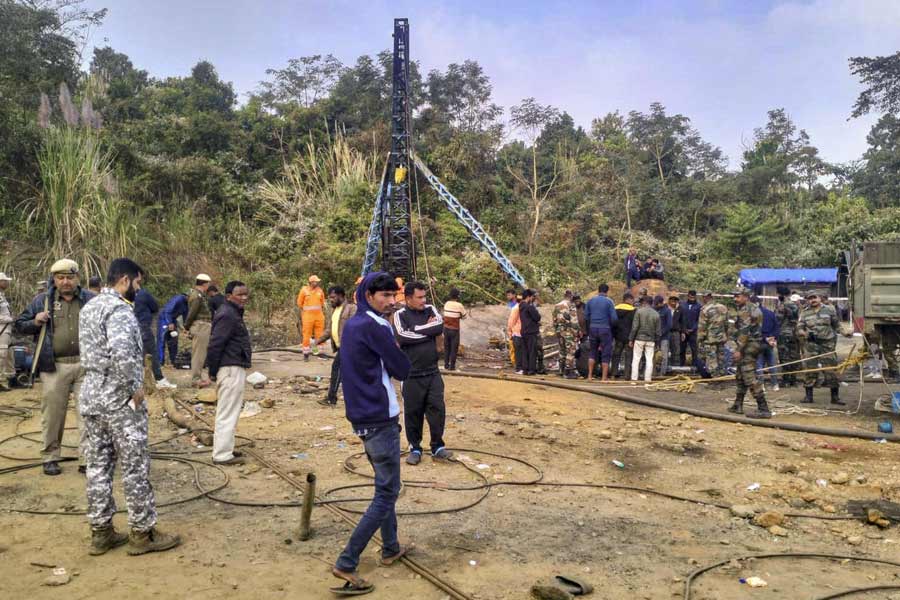Modernity, a cynical philosopher could argue with reason, is a rather mischievous phenomenon. The modern sensibility is peculiar in the sense that while pledging its commitment to the principles of freedom and autonomy, it also uses force, baits or, more often than not, a combination of coercion and incentive to undercut these very ideals. The consequences of this hypocrisy — did this get the philosopher’s goat? — can be rather vexing. For instance, modernity and its institutions — the political establishment in particular — can, on some occasions, make it difficult to distinguish between assimilation and co-option. This fudging of lines has been brought to attention, once again, by a rather startling development in a tribal hamlet in Birbhum in a corner of Bengal. The residents of Chatormath, all 800 of them, have unanimously decided to do away with the majhi haram or morol, the traditional office of the village headman, which has, over the years, served as the fulcrum of arbitration to settle local feuds among the Santhal people.
The demise of yet another ancient — the modern mind would undoubtedly call it arcane — relic could well be construed by some as a marker of progress. The morol, for one, is usually the oldest male resident; women are a rarity, even in a nominal role of leadership. Does that mean that the light of civilization, as it were, has finally flooded India’s hinterlands? What makes such a conjecture charming is the regressive nature of some of the decrees that have been passed by the representatives of quasi-judicial authority in different parts of the country. In October this year, a kangaroo court in Birbhum had ordered a man’s fingers to be chopped off because of his alleged involvement in sorcery. The periodic rulings of khap panchayats — the highest court has, time and again, been critical of these interventions — have cemented the association of primitivity with tradition in the public eye.
But the hullabaloo over these transgressions could have been used by people’s representatives in India and around the world to pull the wool over the people’s eyes in the hope that far greater, sinister, violations would stay under wraps. As if the forceful displacement of indigenous people, the usurpation of their land and the contamination of their hills, streams and forests were not enough, politicians have been consistently eroding the sovereignty of tribal bodies. Unsurprisingly, Chatormath’s residents, too, have complained of such a breach: elected leaders, they allege, have defiled the morol’s sanctity.
The reality of a democracy devouring a democratic institution is perhaps one of modernity’s many ironies. For consent, serious research has established, remains the cornerstone of adivasi societies when it comes to making fundamental choices. Perhaps it is instructive that even the decision to do away with a venerated, titular village head in the hamlet had been taken collectively.












